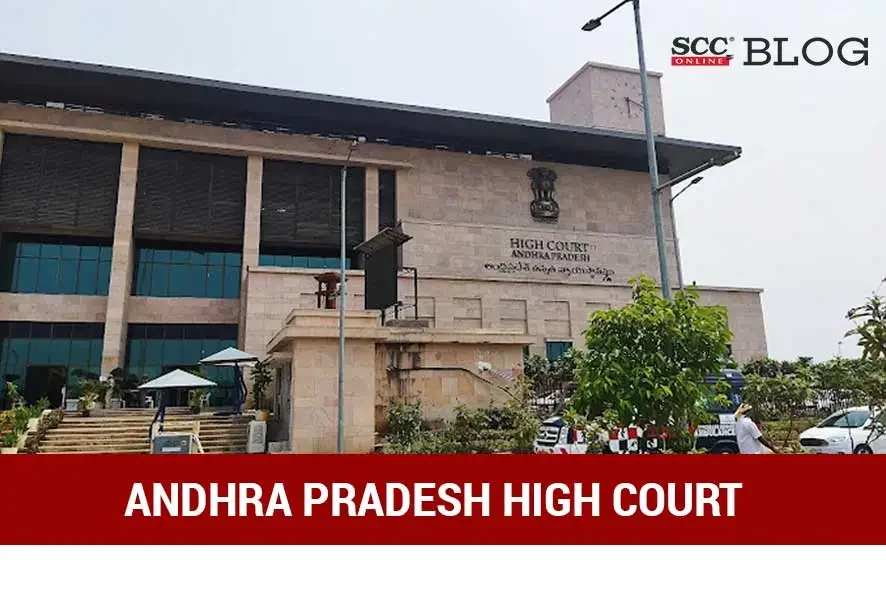Andhra Pradesh High Court: In a case wherein, the petitioner had filed the revision petition to set aside the order passed by the Trial Court dismissing the application filed under Order VIII Rule 2 and Section 151 of Civil Procedure Code, 1908 (‘CPC’), Ravi Cheemalapati, J., opined that the Trial Court had rightly observed that the documents which were sought to be received could not be termed as the petitioner’s admitted signature and the said documents could not be used for comparison of signatures on the alleged promissory note suit, and accordingly dismissed the petition.
In the instant case, the respondent filed a suit for the recovery of money. Subsequently, in the said suit, the petitioner filed an application under Order VIII Rule 2 and Section 151 of CPC to receive the documents filed along with the petition.
The petitioner stated that he was not able to file those documents while filing the written statements and contended that the suit of promissory note was rank forged and materially altered, and if the documents found along with the petition were not received, he would suffer irreparable loss and great hardship.
Thereafter, the Trial Court held that the said documents could not be termed as admitted signatures of the petitioner, and also could not be used for comparison of promissory note suit and accordingly dismissed the application. Thus, the present revision petition was filed.
The petitioner contended that the documents that were sought to be brought on record by the respondent to prove the signature on the promissory note suit, was not the petitioner’s signature, and the said documents were of the year 2012 to 2018, which was the concurrent period of the promissory note suit. The petitioner further contended that the Trial Court had dismissed the applications without assigning any reasons and further failed to see the Order VIII Rule 2 of CPC in the right perspective.
On the other hand, it was the respondent’s contention that affidavit in support of the application had failed to show as to how these documents were relevant to the suit. Further, if the petitioner wanted to prove that the signature on the promissory note suit was not his signature, he could have sent the documents to the hand writing expert by filing documents that contained his admitted signatures.
The Court upon perusal of the affidavit filed with the application, opined that, the affidavit only stated that the documents were crucial to prove that the promissory note suit was the rank forged and materially altered, and it was not stated as to how the documents were relevant to the suit. Thus, the Court opined that this was not the proper application to be filed.
The Court opined that the Trial Court had rightly observed that the documents which were sought to be received could not be termed as the petitioner’s admitted signature and the said documents could not be used for comparison of signatures on the alleged promissory note suit.
The Court held that they did not find any irregularity or impropriety and there were no valid and justifiable grounds raised in the present revision petition to warrant the interference of the Court and accordingly, dismissed the petition.
[Punna Ramanasari v. Thummuru Bala Raja Shekhara Reddy, 2023 SCC OnLine AP 1833, order dated 20-3-2023]
Advocates who appeared in this case :
For the Petitioner: CH Markondaiah, Advocate;
For the Respondent: Vivekananda Virupaksha, Advocate.







